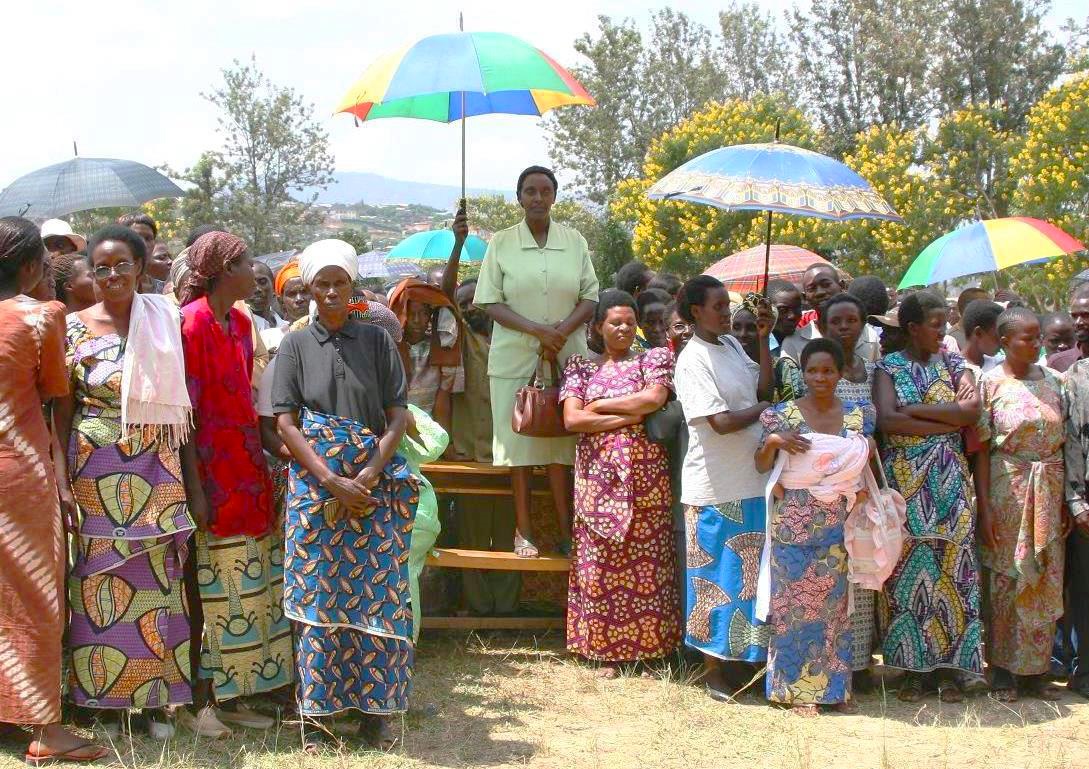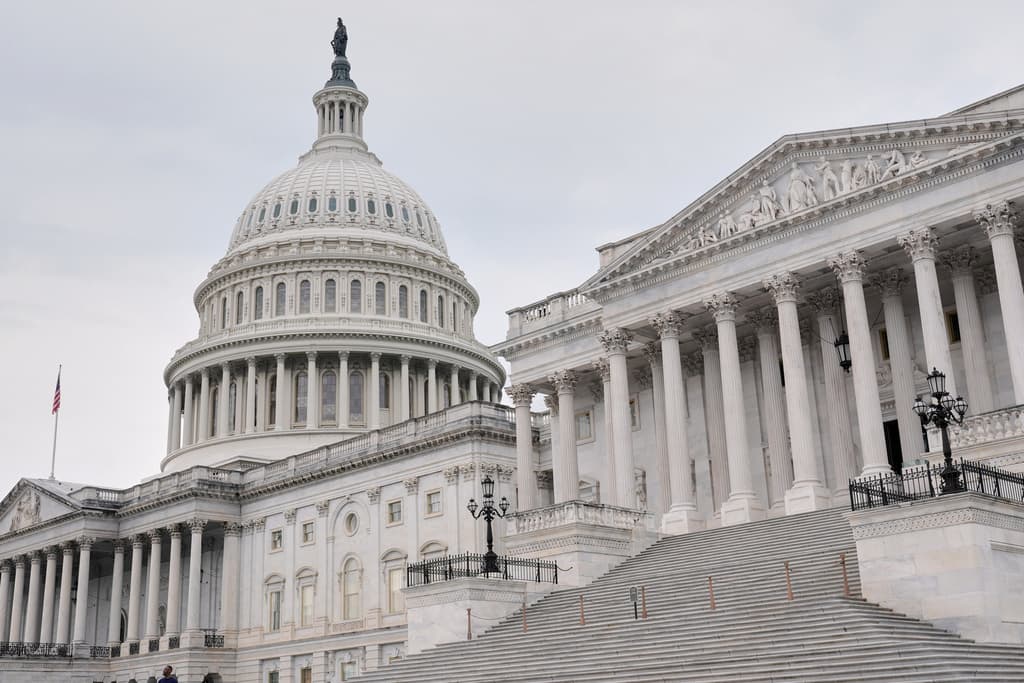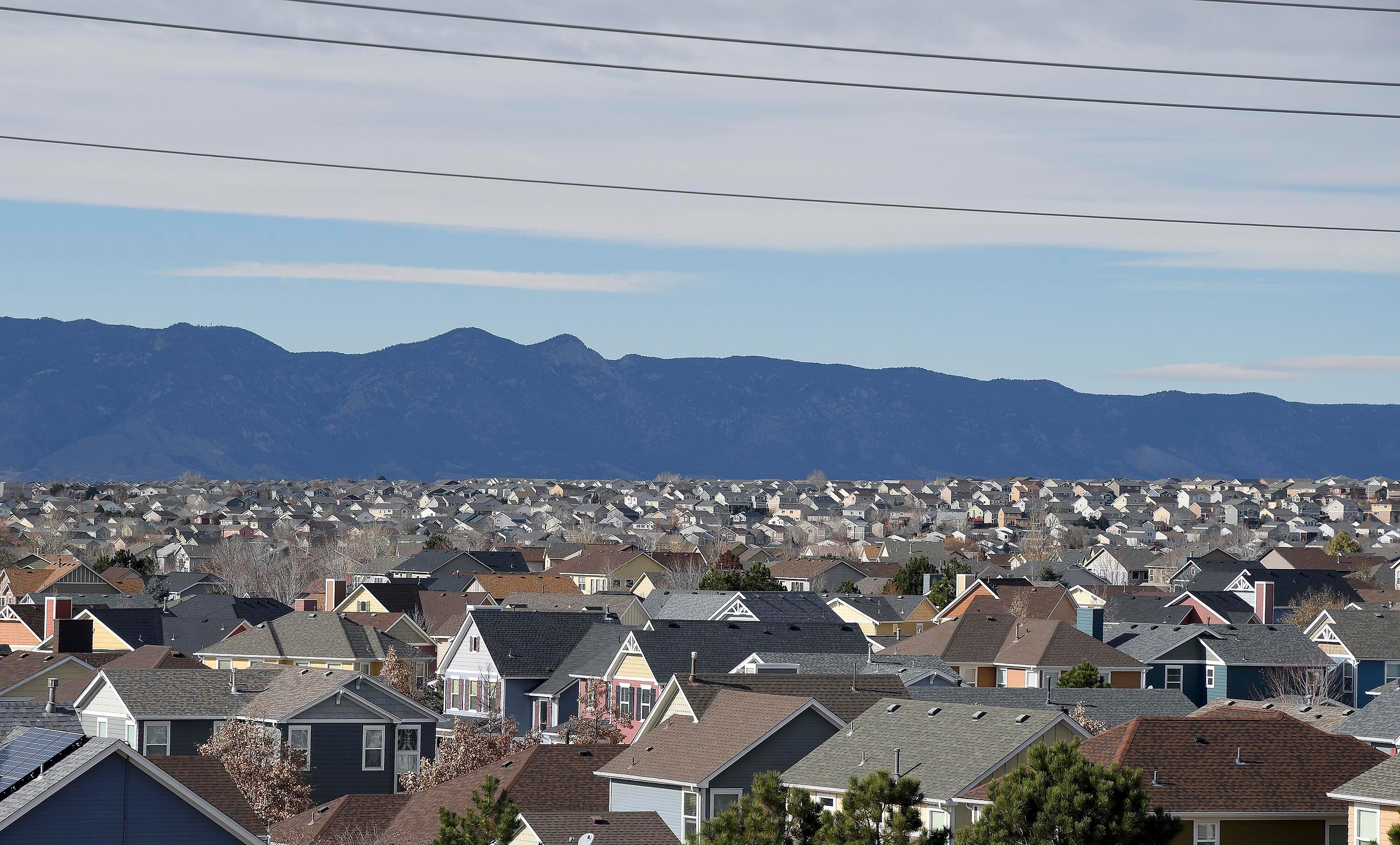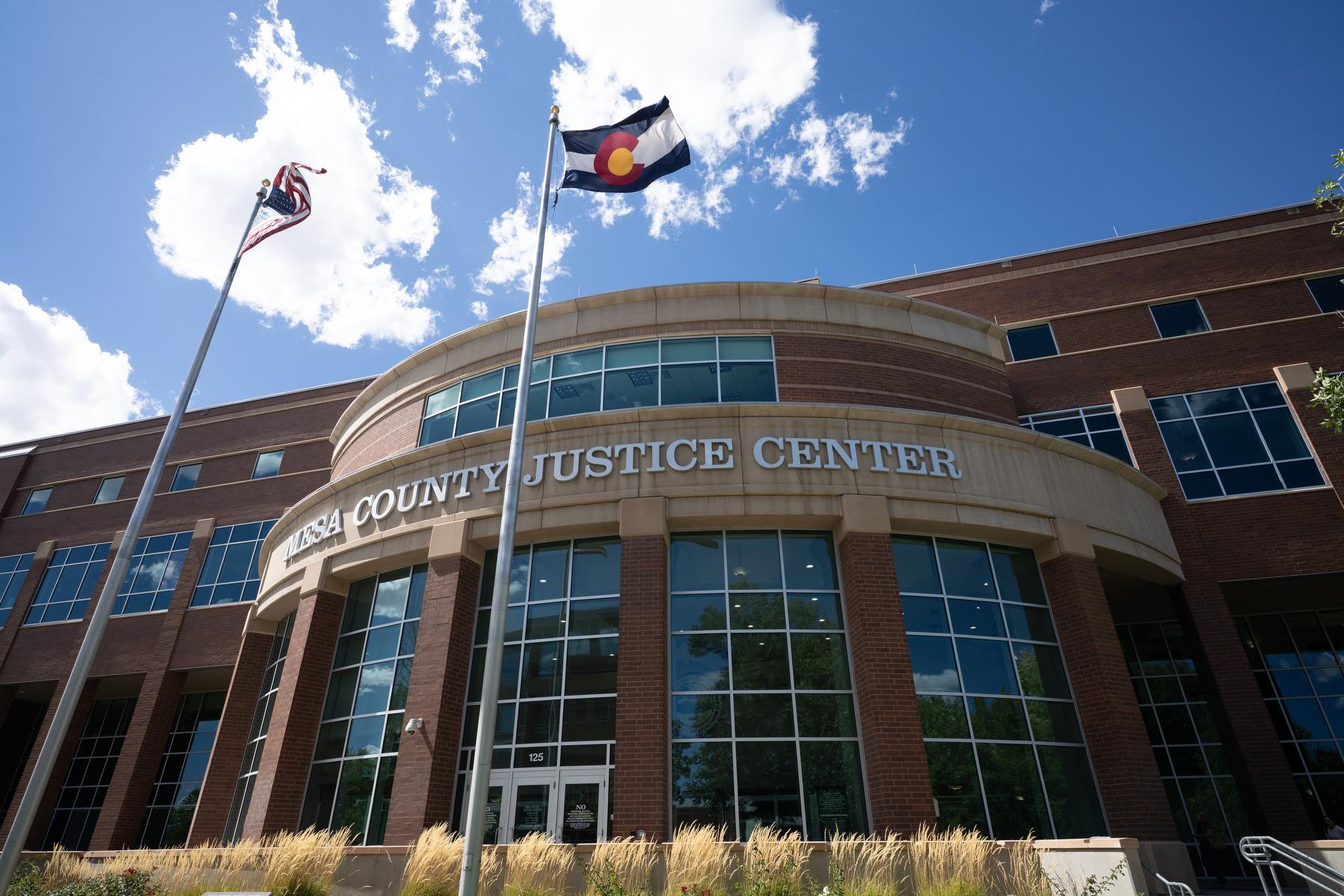
The 1994 Rwandan genocide left 800,000 people dead in just 100 days. Women were widowed, children orphaned and, in the words of author Swanee Hunt, the culture "cracked."
Before long, women became a vital force in the nation's recovery. They began forming community organizations and then rose through the ranks of government in unprecedented numbers. Women now make up 64 percent of the country's parliament — the highest representation in the world.
Hunt, who founded the Women's Foundation of Colorado and a member of the state's Women's Hall of Fame, later moved into international policy. She spent 16 years chronicling the personal stories of Rwandan women and tracing their rise to power. She told Colorado Matters host Ryan Warner she thinks the nation can serve as a model for other countries in trouble.
Her book is Rwandan Women Rising. Hunt now lectures at Harvard's Kennedy School of Government.
Read An Excerpt:
Preface: Over the past two decades, the eyes of the world have been riveted on a small state in the vast interior of Africa. Before the 1994 genocide, precious few Westerners had heard of Rwanda, home of three intermarried groups: Tutsi, Hutu, and Twa. In the spring of 1994, we — individuals like me, a member of the innocuously named “international community” — watched from the sidelines as group turned on group in a horrific slaughter. Our gaze was a combined expression of horror, fascination, and the despair of knowing we had to help but not knowing how. As we waited to intervene, Rwanda was literally decimated: 10 percent of the population butchered. As one Rwandese diplomat commented, wryly, “Rwanda was rescued by Rwandans.” Killing squads went door to door, hill by hill, on the hunt for those they deemed “cockroaches.” The offense of the targeted citizens was being classified by id cards as members of one of the country’s small minorities — the Tutsi. In a mere one hundred days, nearly one million people were killed, many by neighbors, even family members. As the genocidaires fled over the border to Congo in July 1994, Rwanda lay in ruins: churches and schools turned into massacre sites, roadsides turned into open graves. Those who witnessed the horrors and managed to survive faced the tormenting task of rebuilding when every semblance of normality had vanished. Hundreds of conversations I’ve had over the past sixteen years reveal an untold tale. Laden with personal burdens but driven by an ethic of responsibility, women stepped forward. In villages, mothers made sure bodies were buried. One initiated a countrywide adoption program that found homes for nearly 100,000 children whose parents were murdered. The stories of Rwandan women are awe inspiring in their passion and startling in their pragmatism. The people around me were women, says Father EMMANUEL, a newly ordained priest who had lost his family in the genocide. His first posting after seminary was to a rural parish. Their church had been burned, then bulldozed, with hundreds of desperate people inside. Women helped me reconstruct the parish, physically and in terms of the community. The way I saw it, men were more affected by the violence, even though I think women suffered more. Afterward, men couldn’t do much. Women saw that they had no alternative. As chaos cracked open the culture, women were no longer confined to holding positions of influence solely in their homes. Given the urgent needs pressing all around them, they expanded their leadership at a revoutionary pace. Still, this wasn’t a feminist uprising by design. We didn’t immediately think of creating an organization. CHANTAL was a founding member of a widows’ organization I visited in 2001, now one of the most influential civil society groups in the country. Most women in our group were housewives who hadn’t had much schooling. We met because we needed to meet, to listen and understand each other. We needed to think things through together . . . like how we would provide for our children. With a strong pull from the new president, Paul Kagame, women pushed for female-friendly policies and prominent positions in the government, led initiatives to cope with the traumatic aftermath of genocide, and established businesses in the extremely fragile economy. Many who had found their voices at the national level returned to their rural communities to encourage more women to vie for public office. In 2003, the first election since the genocide, women won 48.8 per-cent of seats in the lower house of Parliament, far surpassing the newly mandated 30 percent quota. In 2008 they took an even larger stride, securing 56 percent of seats and becoming the first parliament in history — anywhere in the world — with a female majority. Their gains weren’t only political; across society, women took up influential roles. |
Related:









